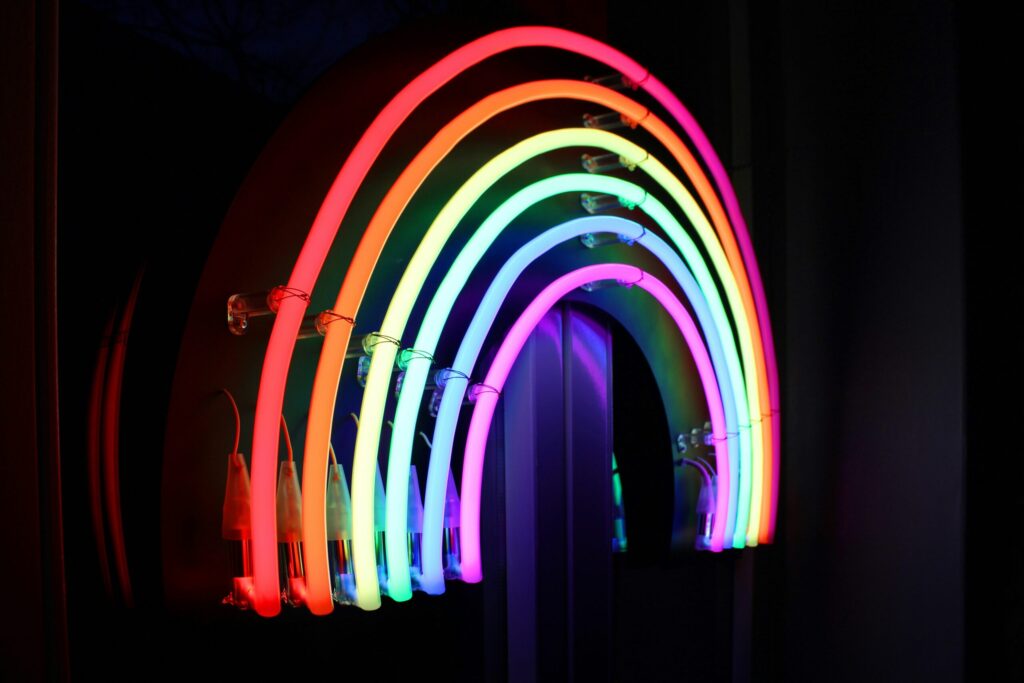For many Ugandan LGBTQ+ individuals, life is an unrelenting struggle marked by discrimination, violence, and constant fear of persecution. My own experience reflects this reality.
In Uganda, the government’s stance on LGBTQ+ rights is both oppressive and hostile, epitomised by the Anti-Homosexuality Act, widely regarded as one of the most draconian anti-LGBTQ+ laws in the world. As a result, many of us have been forced to flee our homes in search of safety, freedom, and acceptance in the Western world.
My journey to Denmark, like that of many others, was a desperate attempt to escape the harsh realities of life in Uganda. Yet, I quickly discovered that while I had left behind one set of struggles, I now faced an entirely new set of challenges in my new home.
The Push Factors: Persecution in Uganda
In Uganda, being LGBTQ+ is not only illegal but also highly stigmatised. The 2014 Anti-Homosexuality Act, which initially imposed life sentences for same-sex relationships, led to widespread arrests, violence, and pervasive discrimination against LGBTQ+ individuals.
Although the law was overturned, societal attitudes remain deeply hostile, fuelled by religious leaders who often incite hatred and intolerance.
Living in Uganda was unbearable. I had to conceal my identity, even from family and friends, fearing imprisonment, torture, or worse. The psychological burden of suppressing my true self was immense. Anxiety became a constant companion, knowing that discovery could destroy my life.
When suspicions arose that I might be a lesbian, my family forced me into an abusive marriage. Despite this, I bore children whom I deeply love, as they are innocent of my struggles or their father’s actions. Guided by my humanist values, I committed to protecting them from the pain I endured.
To shield them, I kept my history and identity hidden, fearing they would face the same discrimination and suffering. My silence became both a form of survival and a way to safeguard their futures.
“I had to run for my life,” I often tell people. For me, leaving Uganda wasn’t just about finding freedom; it was about survival.
The Dream of Freedom: Arriving in the West
The Western world, with its promises of human rights and inclusion, represented a beacon of hope. Countries like Denmark, Germany, and the UK offered the possibility of living openly without fear of persecution. That dream was the driving force behind my decision to seek asylum in Denmark when I had a chance to.
However, upon my arrival, I soon realised that the promise of freedom came with its own complexities. While Denmark is progressive on LGBTQ+ issues, navigating life as an asylum seeker was fraught with difficulties.
The language barrier was my first hurdle. Without fluency in Danish, accessing essential services, building relationships, and unable to work due to the complex asylum system that limits, life became nearly impossible.
“I thought life would be easier here,” I admit, “but the isolation and lack of support made everything harder.”
The Struggles of Integration
Life as an LGBTQ+ refugee in Denmark is far from simple. Asylum seekers are often housed in remote refugee centres, far removed from urban opportunities that could aid integration. This physical and social isolation only compounded my feelings of invisibility.
The asylum process itself is long and gruelling. Waiting for a decision about my status leaves me in limbo, unable to plan for my future. While for now I’m no longer at risk of arrest for my sexuality, I still feel trapped in a system that viewed me as an asylum seeker first, rather than as a person with hopes, dreams, and a unique identity.
Even within the local LGBTQ+ community, I struggled to find acceptance. My experiences were vastly different from those of my European peers, and the cultural gap often felt overwhelming.
The Psychological Toll
The emotional toll of my journey has been overwhelming. Fleeing persecution in Uganda, only to encounter discrimination and systemic barriers in Denmark, has deeply impacted my mental health.
Despite being well-educated and having worked in Uganda as a teacher, social worker, and human rights advocate, I feel undervalued and unable to contribute meaningfully to my new home. My inability to utilise my skills leaves me isolated, lonely, and struggling with depression.
Denmark, like many host countries, overlooks the potential of asylum seekers like me, focusing instead on our status rather than our abilities. Rather than relying on handouts—which I appreciate but do not desire—I wish to work, contribute to society, and pay taxes. Allowing us to fully participate would benefit both us as individuals and also the state, bridging unemployment gaps and fostering integration.
“In Uganda, I lived in fear every day,” I reflect. “Now, I don’t have to hide who I am, but I still feel like I don’t belong. The system doesn’t see me for who I am.”
A Glimmer of Hope
Despite the many challenges, I remain hopeful. Slowly, I am learning the language and building connections through local LGBTQ+ groups. I am determined to create a life where I can live openly and freely.
My story is not unique. Many Ugandan LGBTQ+ refugees face similar challenges as they navigate the complex realities of life in the West. While asylum systems offer refuge, they also bring new struggles that can feel just as daunting as those we left behind.
The path from Uganda to the Western world is neither straight nor simple. It is filled with uncertainty, pain, and resilience. Yet, amidst it all, hope persists—a hope that keeps us moving forward toward the life we all deserve.


